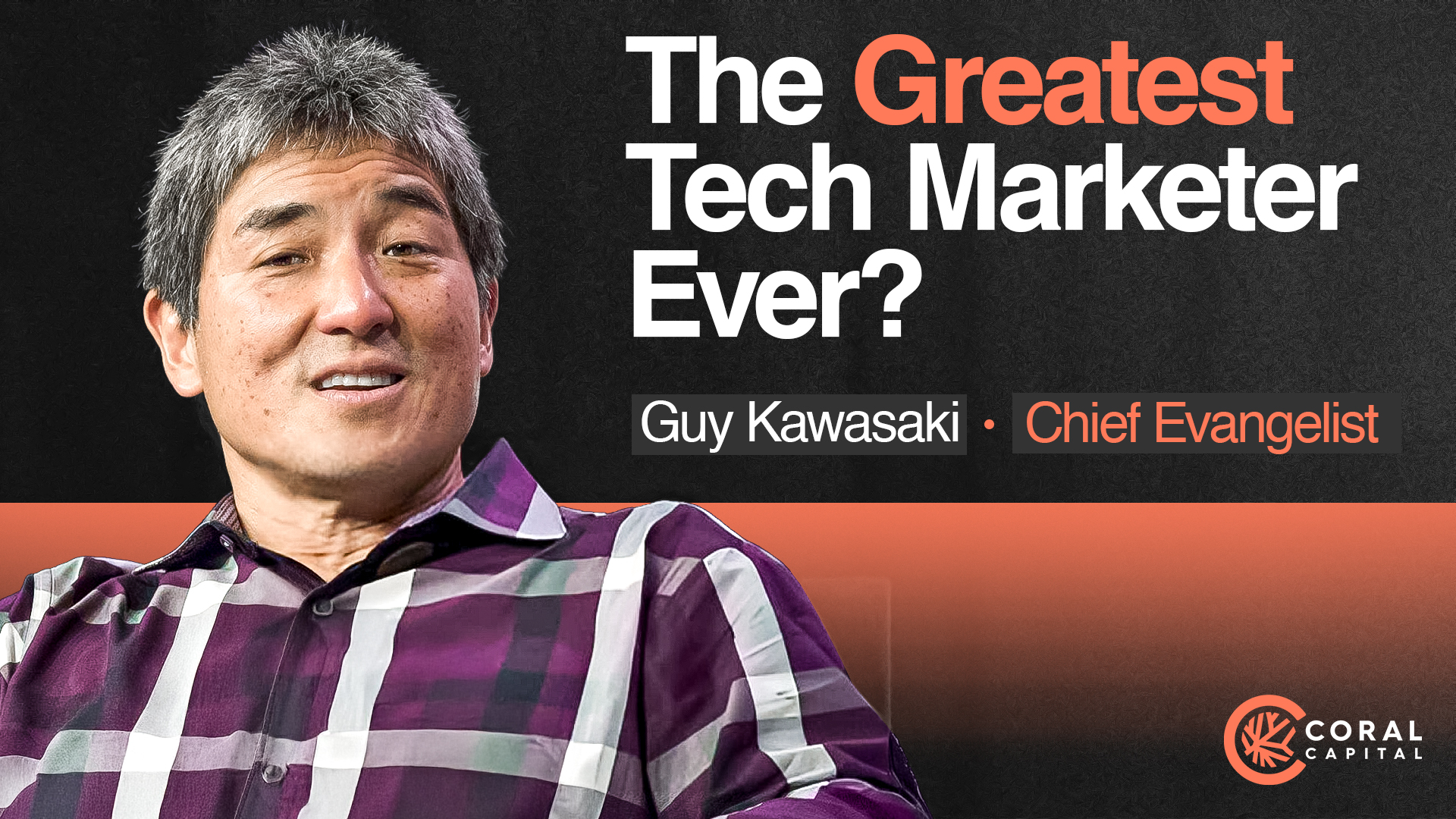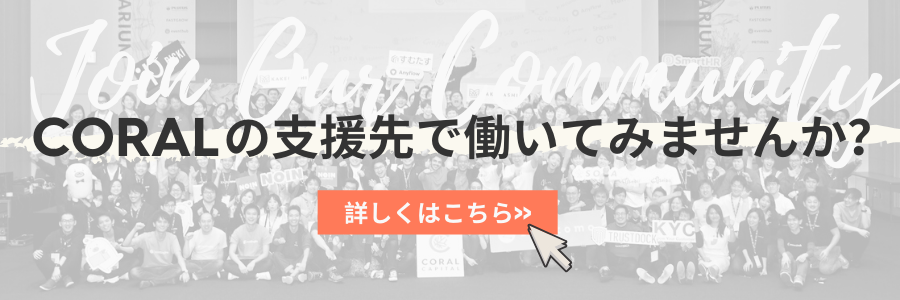As we kick off the new year, I am thinking about which areas I am particularly interested in spending more time on for new investments. As a firm, we are generalists and do not focus on any specific themes. We’ve invested in everything from SaaS all the way to fusion technology. We believe that the future is predicted and built by the founders we back, not us. With that said, we are always learning and thinking about where new opportunities might arise so that we have a prepared mind for the moment we meet the right team.
There are 10 areas I am particularly interested in these days, so I’ll share them here.
Japan Inbound Tourism: Aiming for 60 Million Visitors by 2030
The total number of international visitors to Japan reached 33.4 million by November 2024, breaking all previous records. By 2030, the government wants this number to double.
Unfortunately for those living here and are apprehensive about their favorite places becoming case studies for overtourism, this is not as crazy as it sounds. In 2023, France welcomed 100 million foreign tourists. Italy received approximately 60 million. Even Turkey welcomed 49 million. As the rest of Asia becomes wealthier, they are going to want to travel just like their western counterparts. And they’ll travel regionally most often. Over 70% of the visitors to Japan come from Asia.
We have made a number of investments that benefit from and facilitate this tailwind. Nutmeg is enabling travel companies to manage their websites, bookings, payments and more through an all-in-one SaaS solution. Mov enables anyone with physical locations to manage and monitor their listings and reviews across all major platforms and languages. Pie makes tax-free shopping seamless for both shoppers and sellers. I am interested in meeting startups with creative ideas on how to build meaningful businesses riding this wave.
Japan’s Increased Defense Spending: From 1% to 2% of GDP
Now that “DefenseTech” has become a trendy buzzword among VCs, I am hesitant to even mention this theme. But the reality is that Japan’s proximity to Taiwan, its over 120 US military bases, and over 53,000 active US military personnel make this topic particularly relevant for Japan. In fact, Japan has the largest US military presence of any other country in the world.
Japan plans to increase its defense budget to 2% of GDP by 2027, marking a substantial shift from its traditional 1% cap. For fiscal year 2025, the cabinet approved a record 8.7 trillion yen ($55.1 billion) defense budget, a 9.4% increase from the previous year. In parallel, the government has also made it clear that they want more startups to participate in this story. The Ministry of Defense and Ministry of Economy, Trade and Industry are collaborating to create a “dual-use startup ecosystem” to leverage advanced technologies for defense equipment development. A new framework called the “Startup Technology Proposal Evaluation System” has been established. This system allows the Ministry of Defense and Self-Defense Forces to present policy challenges and receive technological proposals from startups directly. This relaxes requirements for proposals, and bypasses traditional bidding processes in some cases. We’ve personally spoken with someone at the Ministry of Defense and can confirm that they are very serious about increasing engagement with startups.
AI Agents and Co-pilots Replacing Both People and Software
AI agents are autonomous software systems designed to perceive their environment, make decisions, and take actions to achieve specific goals with minimal human intervention. In other words, they are AI versions of people (and more). Co-pilots, on the other hand, are designed to work alongside humans, augmenting their capabilities rather than replacing them entirely.
Yes, these are both trendy buzzwords among VCs. However, as I’ve written before, they are also part of a broader theme that is particularly relevant to Japan. Japan has increasingly embraced the introduction of SaaS and automation in recent years as a way to boost productivity and offset the declining population. AI, and specifically AI Agents, will be a continuation of that trend in Japan. It is a trendy investment theme but it is also one that is just impossible to ignore. I wrote about it here last year. I am looking to meet as many founders as I can that are doing interesting things in this space.
Living and Working Longer, Healthier Lives
When it comes to the topic of aging population, Japan gets a disproportionate share of the attention. While it is true that Japan’s fertility rate of 1.2 will not replace or grow its current population, Japan is not unique. China, Korea, Taiwan, and Singapore all have lower rates than Japan. The EU average is about 1.4 and declining. Fertility rates have been dropping almost universally since the 1960s.
Improving fertility rates is of course a worthy cause, but so far there has been limited success no matter how many incentives governments dish out. I would argue that perhaps too much attention is put on increasing the number of humans, and too little is put on extending the lives and productivity of the humans we already have. Why assume that people retire at a certain age? Why not work on figuring out how to improve healthspans so that people can live longer as productive citizens?
Japan leads the world here in a number of ways. Japan boasts the world’s highest life expectancy, with Japanese women living an average of 86.8 years and men 80.5 years. More importantly, Japan excels in maintaining health into old age, with Japanese adults expected to live another 16.7 years of relatively good health at age 65, the highest healthy life expectancy globally.
To cater to the older population, Japan has also developed technologies and solutions that cater to the “silver market” which can be exported to the rest of the world. That is promising, but that is not my only interest. My thoughts are more utopian. I am particularly interested in fighting aging itself through preventative healthcare and gene therapy. With the digitalization of healthcare and now the implementation of AI, there will likely be much more we can do to take decades off our biological ages. Japan has led in longevity and stem cell research, most notably with the Yamanaka factors, named after Nobel laureate Shinya Yamanaka. I am interested in meeting founders leveraging Japan’s strengths in these fields to build a future where centenarians are considered young and spry.
Increased trade and collaboration between Japan and Korea
Last year I wrote about how Japan and Korea should work together more. Despite historical tensions, there are signs of improving relations between Japan and Korea, particularly among younger generations. Recent surveys indicate a growing positive sentiment towards each other’s countries among the youth, with cultural exchanges flourishing through tourism, entertainment, and cuisine. For startups aiming for global expansion, the Japan-Korea market presents a unique opportunity with lower barriers compared to entering distant markets like the US, India, or China. The minimal time difference, linguistic similarities, and shared cultural “common sense” facilitate smoother communication and faster results. By tapping into both markets, startups can potentially access a combined population of over 175 million and a total GDP of about $6 trillion, positioning the “Japan-Korea economic zone” as the world’s third-largest economy after the US and China.
I continue to be interested in startups working at the nexus of Japan and Korea trade.
I have five more themes on my mind that I will write about in the coming weeks. Stay tuned.
Founding Partner & CEO @ Coral Capital







